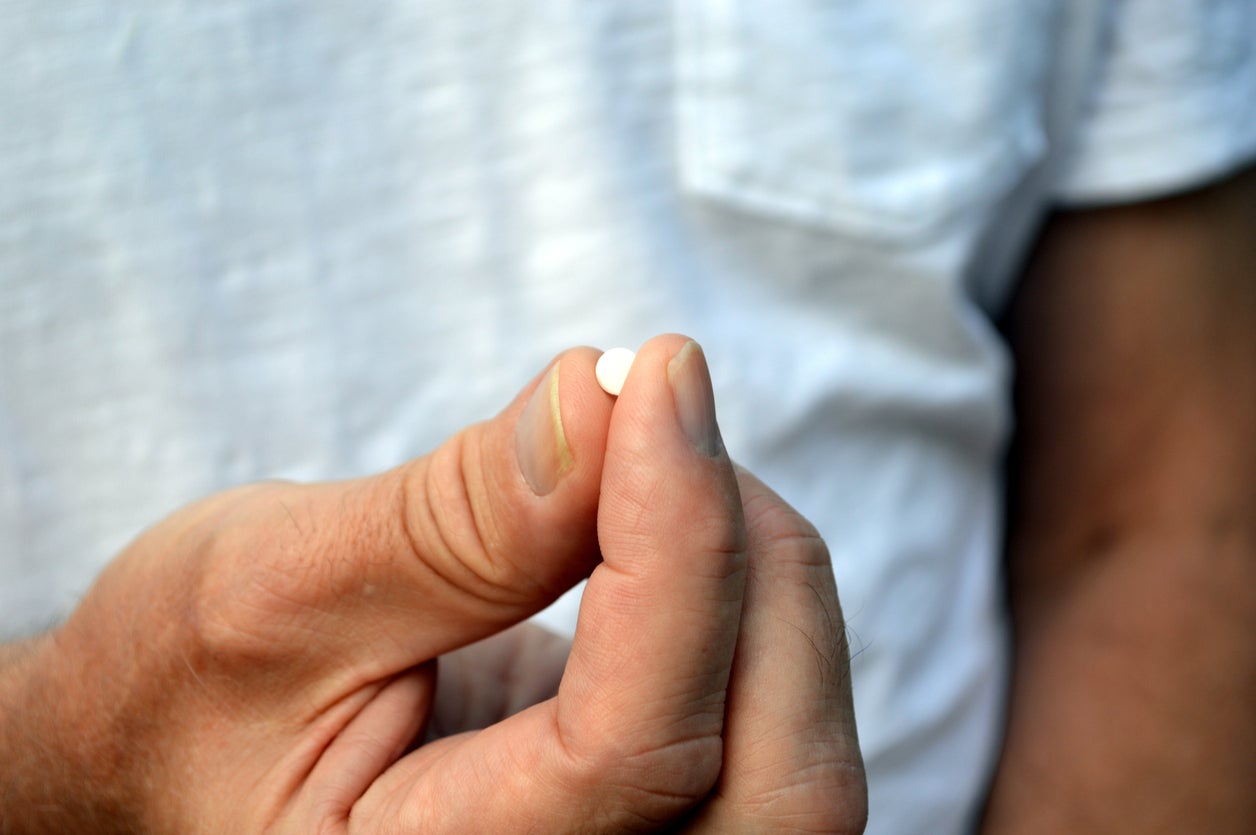The Independent's journalism is supported by our readers. When you purchase through links on our site, we may earn commission.
Scientists discover new part of the immune system - and it could help solve our antibiotics crisis
Experts say the findings have the potential to transform the treatment of infectious diseases

Scientists have uncovered a previously unknown part of the immune system that “could provide an untapped source of natural antibiotics”.
Experts supported by the European Research Council said the findings have the potential to transform the treatment of infectious diseases, as the newly discovered “natural antibacterials” could “provide alternatives to conventional antibiotics in combating antibiotic-resistant infections”.
The discovery focuses on proteasomes, structures in cells that break down proteins. Through experiments, the researchers “addressed a question that remained unanswered for decades” by finding that proteasomes could also detect bacteria in cells, and they then create defences against that bacteria to halt its growth.
“These findings pave the way for previously undescribed diagnostic and therapeutic strategies in the fight against infectious diseases,” the researchers said in their paper, published in Nature.
Professor Yifat Merbl from the Weizmann Institute of Science told the BBC it was an “exciting” discovery.
"We discovered a novel mechanism of immunity that is allowing us to have a defence against bacterial infection,” he said.
"It's happening throughout our body in all the cells, and generates a whole new class of potential natural antibiotics."
While Professor Danile Davis, head of life sciences at Imperial College London, said the findings were “very interesting”, he told the BBC it would take time for this to be translated into a new antibiotic source, and further testing was needed.

New antibiotics and alternative defences against infections are sorely needed, as over time and with overuse and poor public health systems these pathogens become resistant to older forms of treatment, according to the World Health Organisation.
The issue of antimicrobial resistance (AMR) - where a disease or infection no longer responds to common treatments - is a global health issue, and its also on the rise in the UK.
AMR is directly responsible for 7,600 deaths in the UK each year, and it contributes to around 35,200 deaths annually in the UK, according to a recent report from the National Audit Office (NAO).
The report found AMR had been driven in part by “misuse and overuse” of antimicrobial drugs, including for the unnecessary prescription of antibiotics to treat viral infections.
The NAO warned the NHS is not fully equipped to tackle the “major public health threat” of AMR as facilities have failed to keep up with standards.
“The NHS estate has seriously deteriorated in recent years, with some hospitals and other healthcare settings not meeting the demands of modern medicine,” the report said.
“Old buildings and equipment may be harder to service and keep clean, and there are insufficient side rooms to isolate infectious patients.”
While the NAO acknowledged that the Government has been taking the problem “seriously” it said that there has been “limited progress” in the AMR action plan covering the last five years.
In January, the UK Health Security Agency’s deputy director Dr Colin Brown said the agency was alert to the risk of increased AMR bugs, both locally and abroad.
“Antimicrobial resistance is not a crisis of the future, but one that is with us right now causing over a million deaths globally each year. Unless action is taken, the availability of life-saving treatments will fall and our ability to drive down infections will decrease,” he said.
With additional reporting from PA
Join our commenting forum
Join thought-provoking conversations, follow other Independent readers and see their replies
Comments
Bookmark popover
Removed from bookmarks